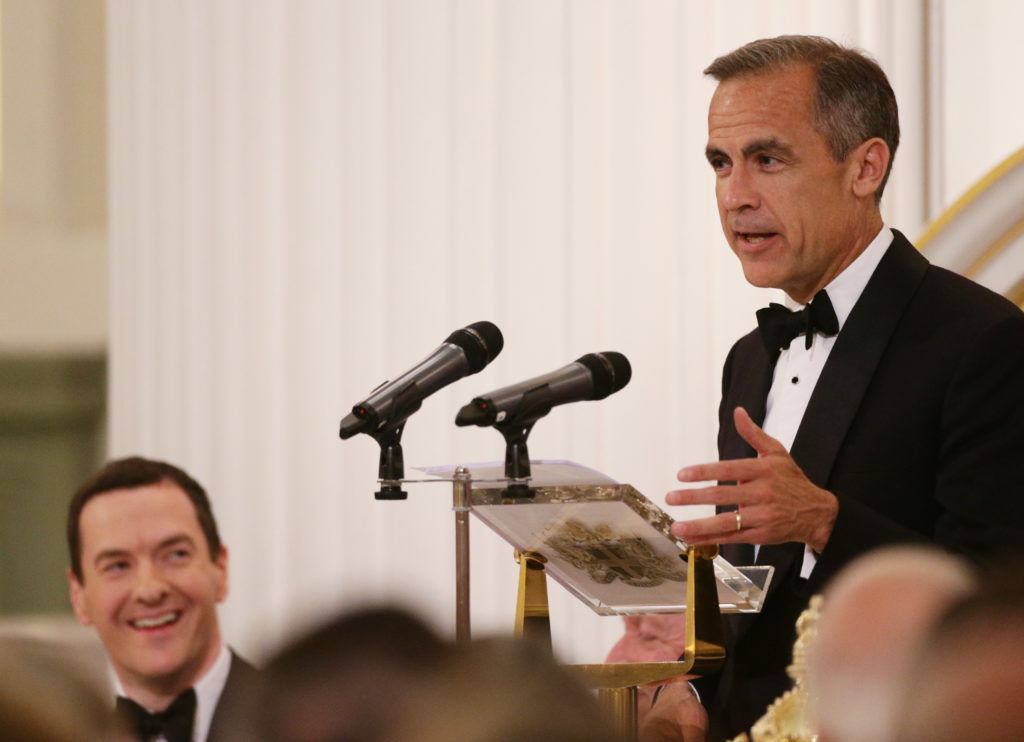Credit: Stefan Rousseau/PA Wire/PA Images
Those who are accustomed to seeing Britain as an essentially market-based society, home to the City of London and a redoubtable property-owning middle class, need to think again. The Labour Party just held its annual conference and, incredibly, it is winning the economic argument.
On everything from housing, to tax increases, to student loans, to redrafting PFI1 contracts, to nationalising utilities, it is Labour’s socialist vision which is chiming with the electorate, as evidenced by an alarming report on the anti-capitalist state of British public opinion by the think tank Legatum published last week (and analysed by UnHerd’s Editor, Tim Montgomerie, here). For instance, some 76% support renationalising the railways and 83% renationalising water companies.
This week, it is the annual conference of the UK’s Conservative Party and while the media is focusing on what Prime Minister Theresa May might say, it is actually the Chancellor of the Exchequer, Philip Hammond who has the bigger task. Only he can address the economic concerns exposed by Jeremy Corbyn’s rise. What is more, if Britain is to make a success of Brexit, what is done to enhance productivity, spread prosperity and attract investment is going to be just as important as the details of any exit deal with Brussels.
Sadly, nothing in what Mr Hammond has said so far suggests he has any appetite for the radicalism necessary to respond to the Corbyn challenge. We must hope that this is a cunning ruse and he has in fact spent the last few months preparing a secret plan. What we want to hear from him is a robust, optimistic defence of an enterprise, market economy, accompanied by an honest programme for “the correction of proved abuses and the redress of real grievances” as the great Victorian Conservative reformer Sir Robert Peel promised in his Tamworth Manifesto.

What explains Corbyn’s rise is not simply the zeitgiest, or his success at social media (as explained by Helen Lewis), or even the inevitable swing of the political pendulum – but the fact he is actually addressing real experienced consumer grievances like, for instance, rents rising faster than wages2 or rubbish and expensive trains.
The broad economic consensus around what one might describe as Osborne-ism – reduce the deficit, cut corporation taxes, and rely on monetary activism to stimulate growth – has completely collapsed. This is because its time has passed. It got us out of the financial crisis, but only at the cost of creating too many losers, especially among the young.

 Main Edition
Main Edition US
US FR
FR







Join the discussion
Join like minded readers that support our journalism by becoming a paid subscriber
To join the discussion in the comments, become a paid subscriber.
Join like minded readers that support our journalism, read unlimited articles and enjoy other subscriber-only benefits.
Subscribe